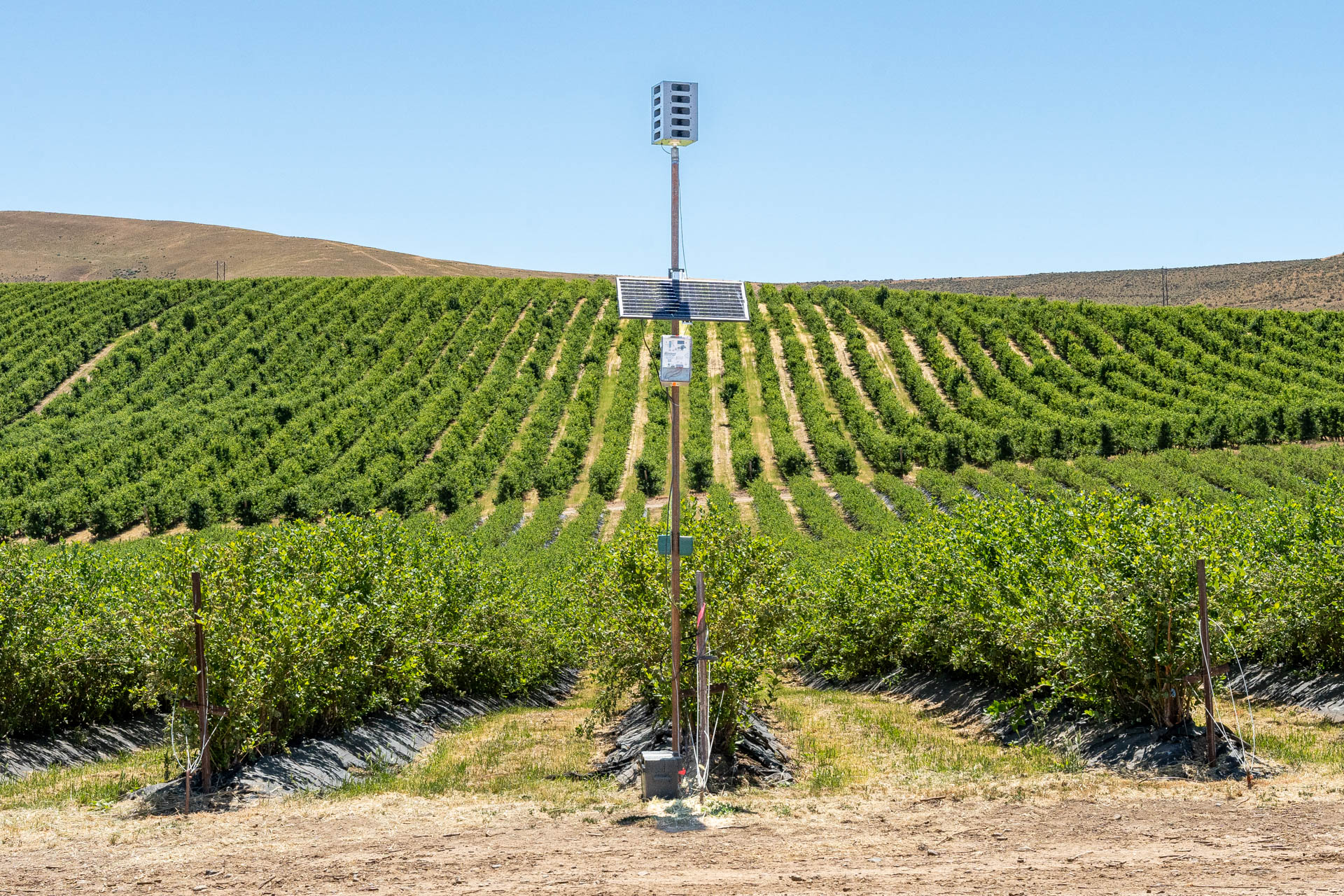
Why Bioacoustic Bird Deterrents Are So Effective
Birds are beautiful creatures, but they can quickly become a costly nuisance for farmers, businesses, and property owners when they begin damaging crops, property, or
Expert Insights on Bioacoustic Bird Control
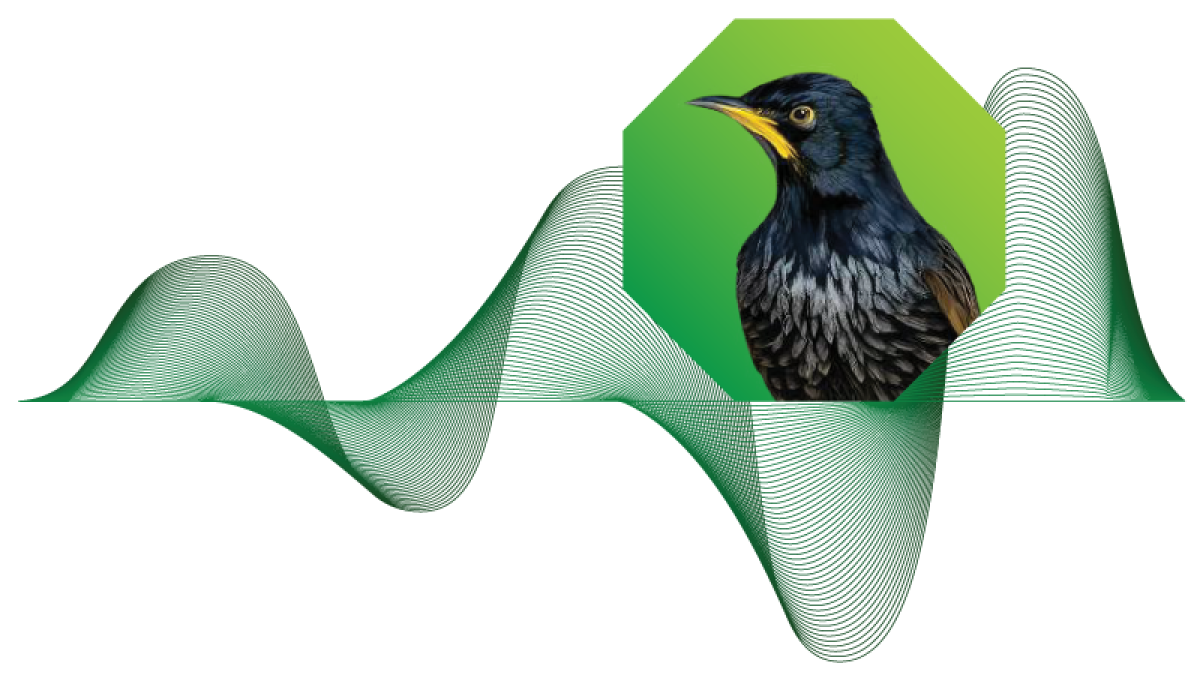
Welcome to the Bird Gard Learning Center—a hub for expert knowledge on bioacoustic bird deterrent technology. Explore articles packed with insights on how species-specific sounds, high-fidelity systems, and randomized playback patterns can effectively manage nuisance birds. Whether you’re looking to prevent crop damage, protect property, or learn about the science behind bird control, our resources are here to inform and empower. Dive in and discover smarter, humane solutions for creating bird-free environments.

Birds are beautiful creatures, but they can quickly become a costly nuisance for farmers, businesses, and property owners when they begin damaging crops, property, or

Article Summary: Bioacoustics combines biology and sound to influence bird behavior using species-specific distress calls that mimic real-life threats. By leveraging birds’ acute hearing and
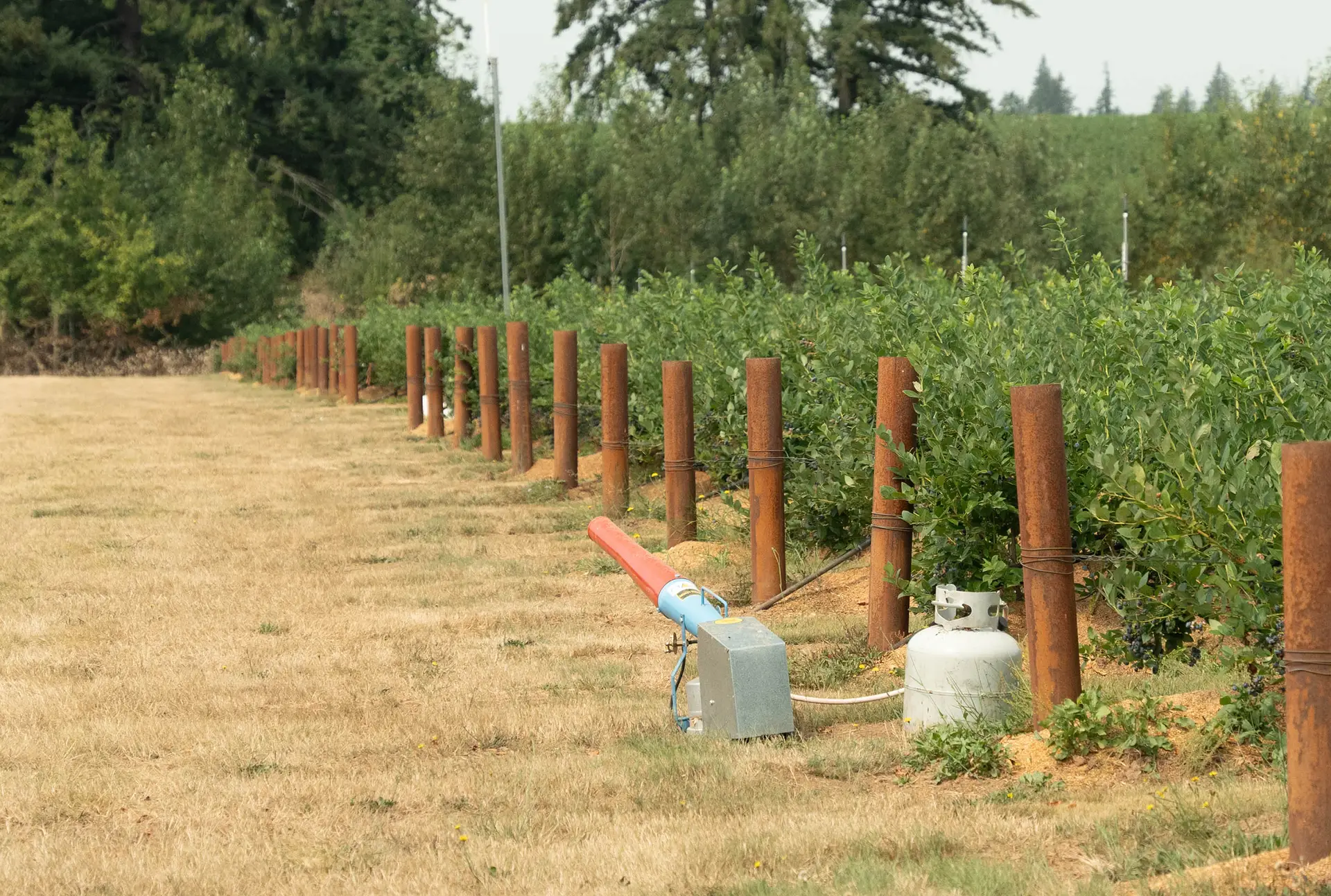
Birds can significantly damage crops, property, and infrastructure if left unchecked. For years, traditional sonic deterrents like propane cannons, sirens, and ultrasonic devices have been
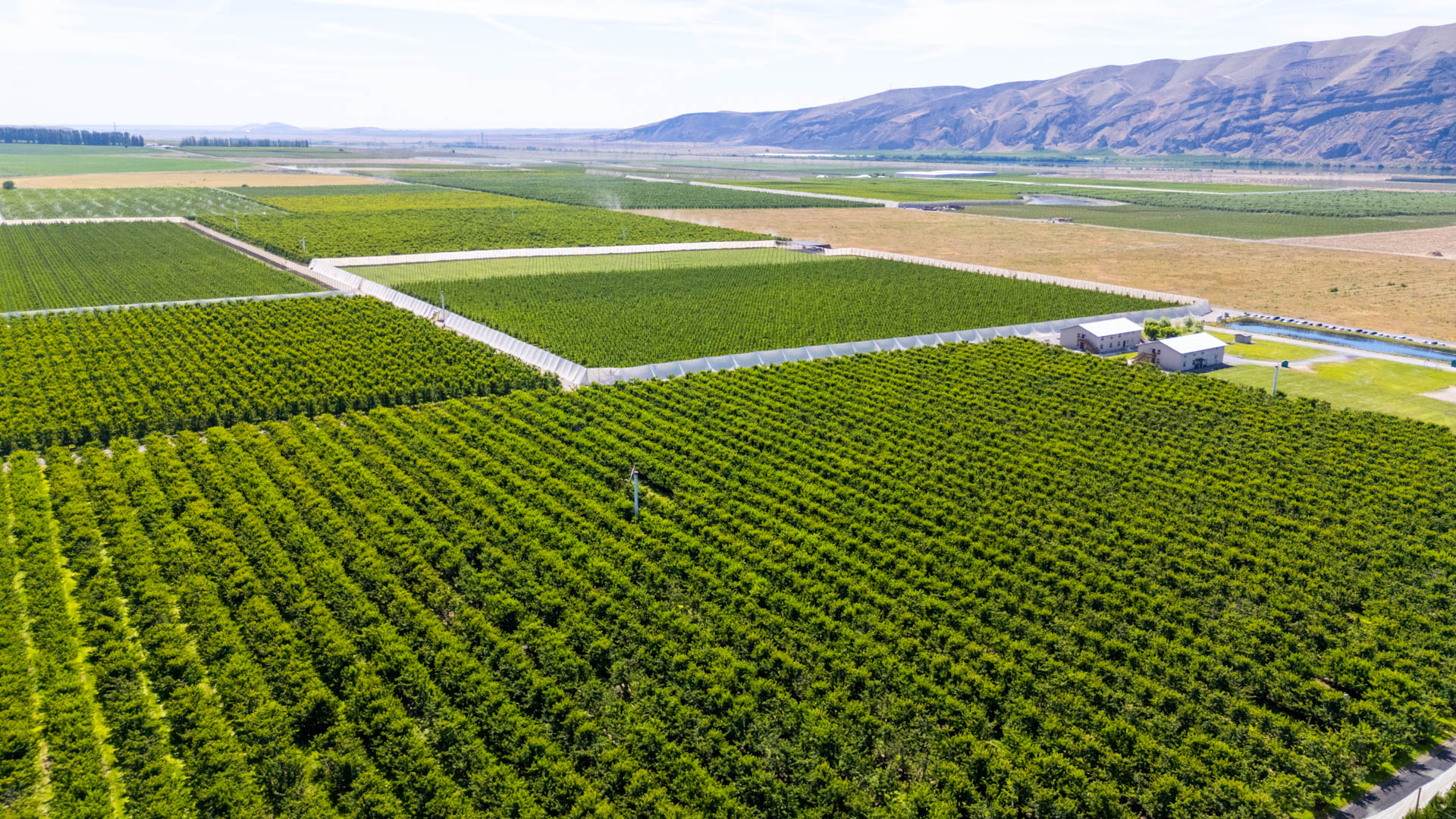
Dealing with nuisance birds can be an ongoing challenge for many industries, especially for farmers and agricultural leaders. Not all birds are alike, and neither

Bird control is a persistent challenge for farmers, operations managers, and industry leaders alike. Birds are intelligent creatures, capable of adapting to their environment, which
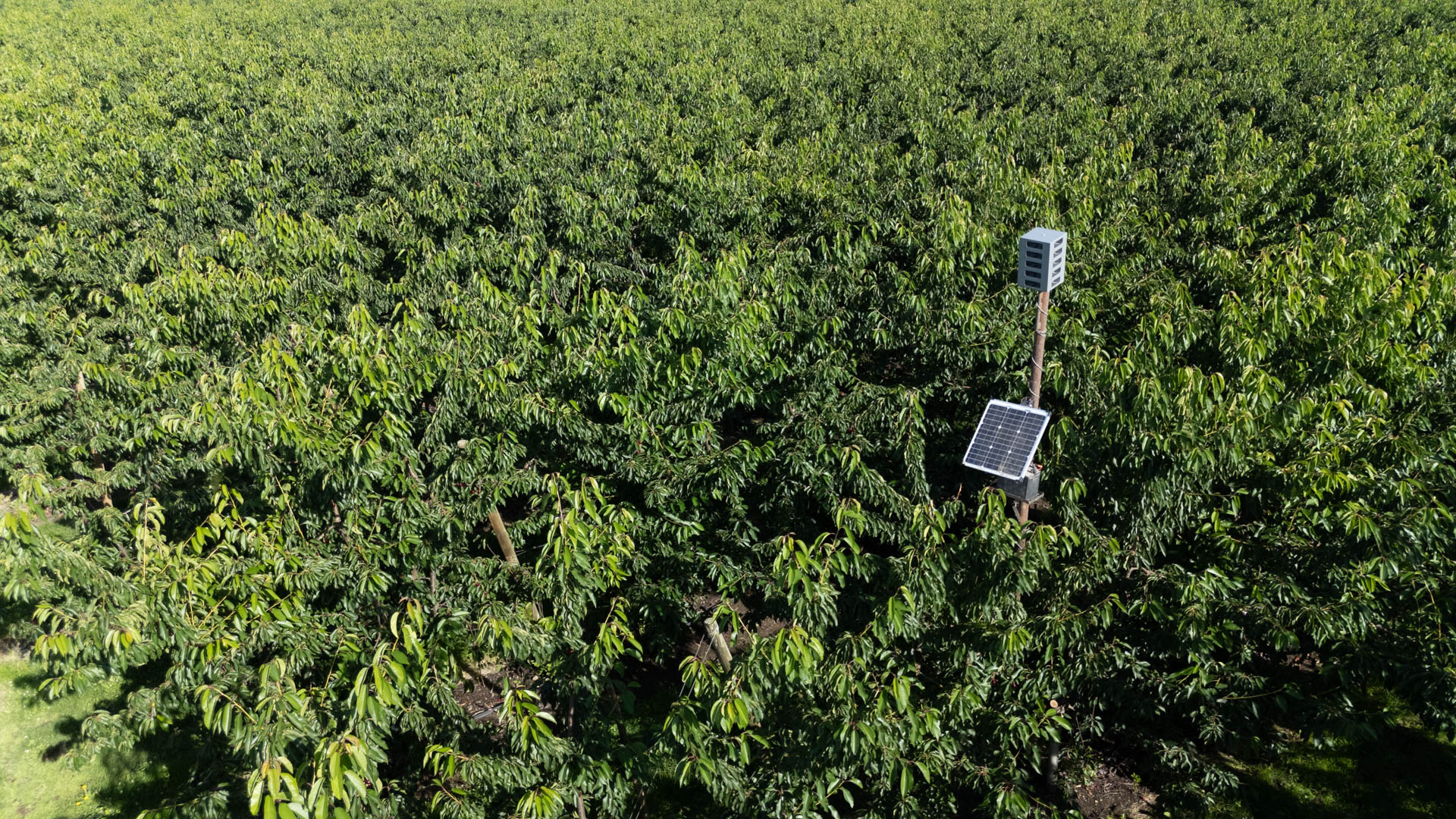
When your fields are under siege by hungry birds, having an efficient bird deterrent system is more than a convenience; it’s a necessity. Yet, not